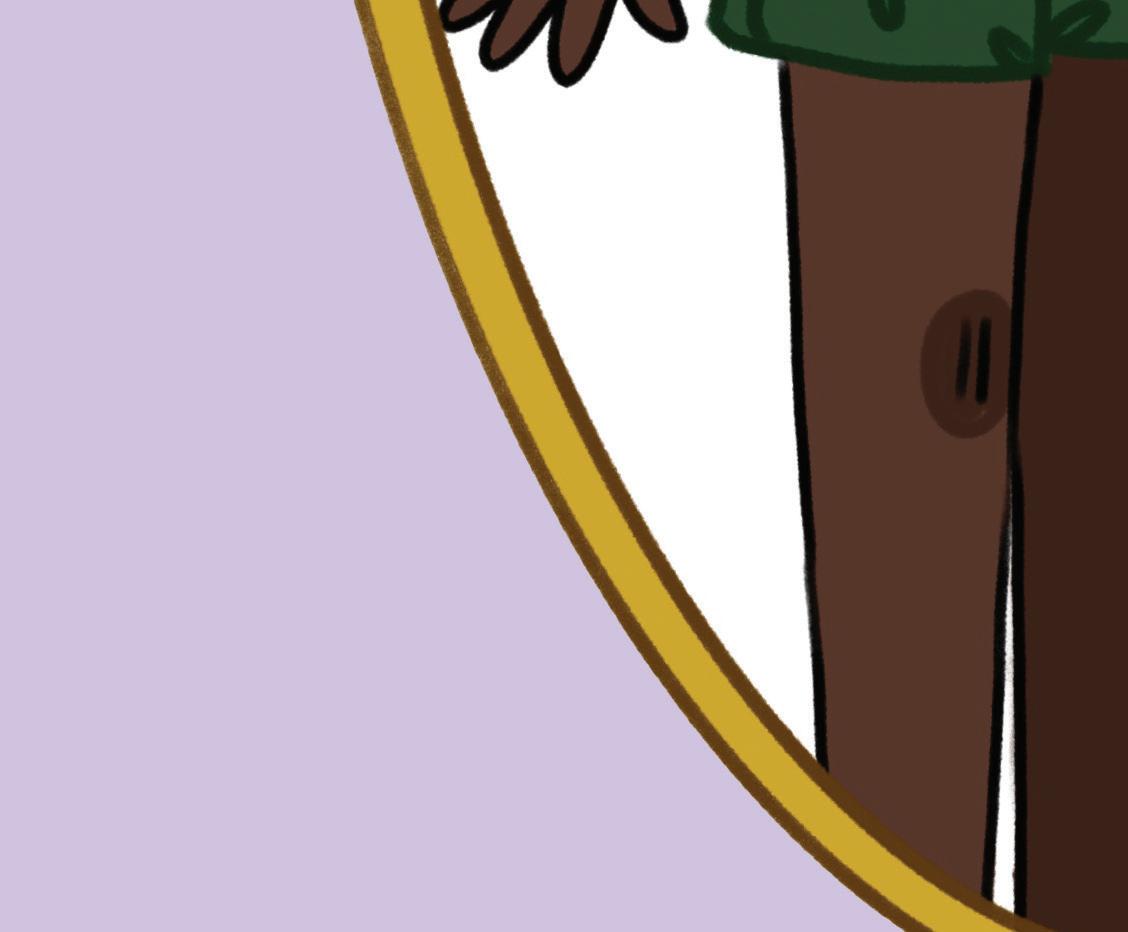
1 minute read
Self-image in the
By Aadya Kuruvalli | Opinions Editor and Melody Tian | News Editor
In an era when For You Pages and Instagram feeds are filled with fitness influencers, unrealistic lifestyles, and high expectations, how can we promote positive self-images?
Advertisement
Social media poses challenges

Popular culture seems to be all about getting a “perfect body.” On Tiktok, every other trend compares body parts – from noses to love handles to hip dips. The internet has social media users constantly comparing themselves to others.
“There’s a lot of comparison,” Health 101 Coordinator A.D. Ebeniro said, “and when you’re so set on worrying about how you match up to someone else, that’s really going to steal some of your excitement about who you are.”
Ebeniro said social media has become so prevalent that people can’t run away from it and seem to need it in their daily lives. And when social media becomes such a high priority, people start chasing the unrealistic idea of “perfection.”
“Sometimes when you can take a break from social media, give yourself a little bit of a reprieve and say, ‘You know what, I’m not going to post anything today and see how that feels,’” Ebeniro said. “Maybe that might change your outlook on ‘Do I need to present myself some way online and I’m actually completely different in real life.’”



When a majority of students use social media, it can be easy to let those idealized, unrealistic body standards leak into real life. Certain ideals of body image can be pushed around a student population – both through and without social media.



“It’s frustrating sometimes, to go online and see everyone in nice places wearing fancy clothes – even if I don’t want to do it, I feel like I should,” junior Myesa Arora said. “It’s nobody’s fault. If you have those things, you should enjoy them. If you don’t, that’s OK. It’s important to look for the good things, the things you do have.”

Ebeniro said some ways to mitigate the effects of social media are to get outside, take social media breaks or listen to music. She said it is also important to make social connections in real life and have a support system in place, whether that’s through family, friends, trusted adults, therapy or counselors at school.
“Sometimes we try to put all of our problems on people and sometimes they may not be adequately able to help you,” Ebeniro said. “So you have to find those people who are able to help you in that situation, in whatever capacity that is.”








